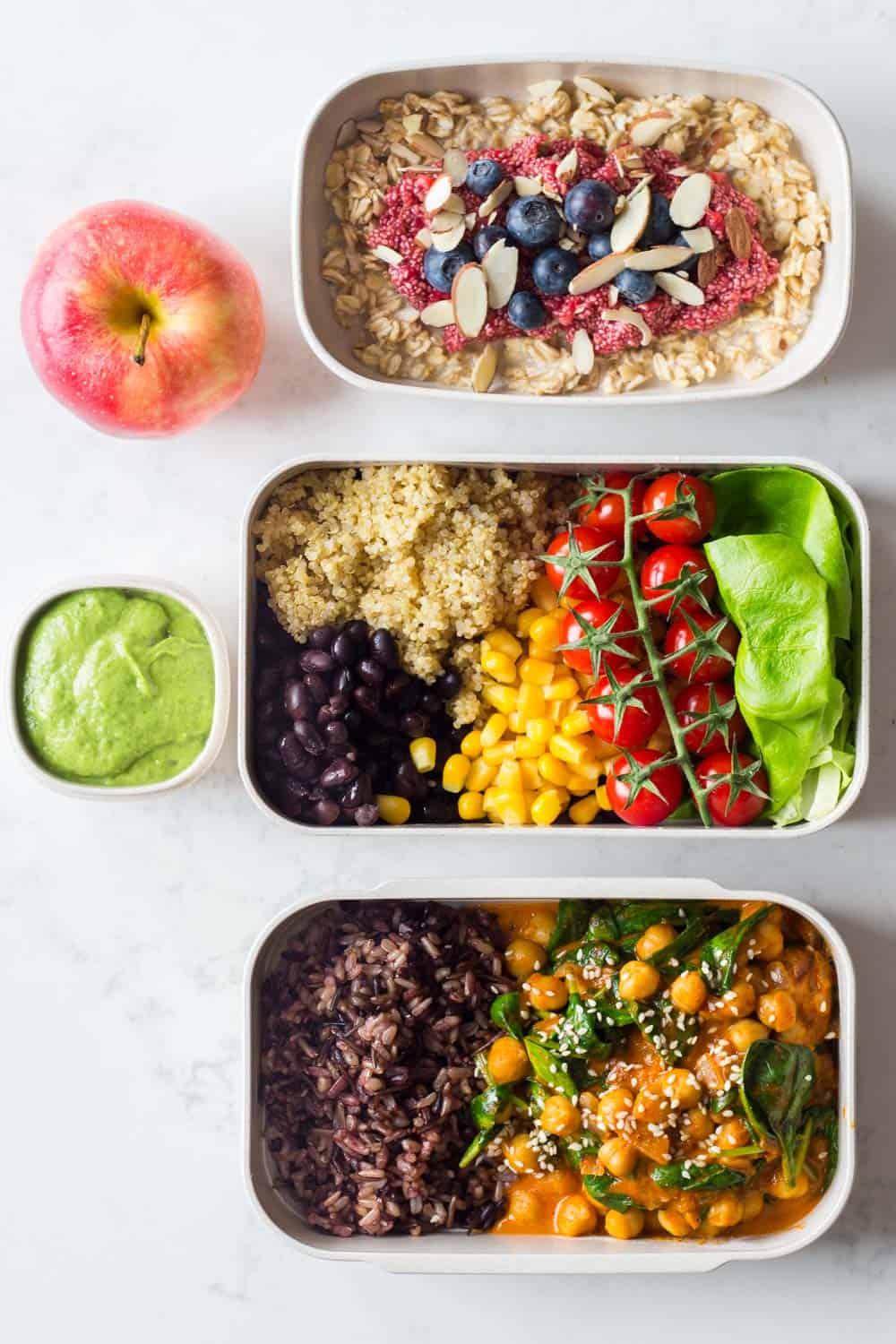Embarking on a plant-based lifestyle is like setting sail on a vibrant journey toward health, sustainability, and culinary exploration. With the growing awareness of the benefits of plant-centric diets, more people are trading in their steak knives for salad forks, eager to embrace a lifestyle that promises not only personal well-being but also a positive impact on the planet. However, transitioning to a plant-based way of living can feel daunting, especially with the plethora of information and sometimes conflicting advice available. This article aims to demystify the process, offering practical steps and insightful guidance to help you confidently navigate your path to a plant-based lifestyle. Whether you’re motivated by health concerns, environmental issues, or ethical considerations, this guide will provide the foundational tools and inspiration you need to make a smooth and rewarding transition.
Exploring the Bounty of Plant-Based Ingredients
Embracing a plant-based lifestyle opens up a vibrant world of diverse ingredients that can transform your culinary experiences. By focusing on whole foods, you can create meals that are not only nutritious but also rich in flavor and variety. Start by exploring the myriad of legumes, grains, and vegetables that can serve as the cornerstone of your meals. Chickpeas, lentils, and black beans are excellent sources of protein and can be easily incorporated into soups, stews, and salads. Additionally, whole grains like quinoa, farro, and brown rice provide a satisfying base for a range of dishes.
- Experiment with spices and herbs: Use spices like turmeric, cumin, and smoked paprika to add depth to your dishes, while fresh herbs such as basil, cilantro, and parsley can brighten flavors.
- Incorporate a variety of vegetables: Rotate seasonal produce into your meals to ensure you are getting a wide range of nutrients and flavors. Think colorful bell peppers, earthy mushrooms, and sweet potatoes.
- Explore plant-based dairy alternatives: Swap out traditional dairy with options like almond milk, cashew cream, or coconut yogurt for creamy textures and new taste profiles.
By gradually integrating these ingredients into your diet, you’ll discover the endless possibilities that plant-based cooking offers. It’s not just about removing animal products, but about expanding your palate to embrace a world of new flavors and textures.

Crafting Balanced and Nutritious Plant-Based Meals
Embarking on a plant-based journey can be both exciting and daunting, especially when it comes to ensuring your meals are both balanced and nutritious. The key is to focus on diversity and quality of ingredients. Start by incorporating a variety of whole foods, which not only provide essential nutrients but also make your meals more vibrant and satisfying. Consider whole grains like quinoa and brown rice, legumes such as lentils and chickpeas, and a rainbow of fruits and vegetables to ensure you get a wide range of vitamins and minerals.
- Protein Sources: Include tofu, tempeh, and seitan to meet your protein needs. Nuts and seeds like almonds and chia seeds are also excellent choices.
- Healthy Fats: Avocados, olive oil, and nut butters are great for adding richness and flavor while providing necessary healthy fats.
- Flavor Enhancers: Don’t forget herbs and spices. Basil, cilantro, cumin, and turmeric can transform your dishes and are packed with antioxidants.
To make your meals more filling and enjoyable, consider using different cooking techniques such as roasting, steaming, and sautéing. This not only enhances the flavors but also retains the nutritional value of your ingredients. Remember, a successful plant-based meal is one that satisfies your taste buds while nourishing your body.
Navigating Social Situations with Confidence
Embarking on a plant-based lifestyle can be an exciting journey, yet social gatherings often pose unique challenges. When dining out or attending events, it helps to communicate your dietary preferences in advance. Let your host or the restaurant staff know about your plant-based choices. This proactive approach not only ensures you have something delicious to eat but also opens up opportunities for engaging conversations about plant-based living.
In group settings, embrace the role of a plant-based ambassador by bringing a dish to share. This gesture not only guarantees you have a satisfying option but also introduces others to the flavors and benefits of plant-based cuisine. If you encounter questions or curiosity, use it as a chance to share your personal experiences and insights. Remember, confidence in your choices can be contagious, inspiring others to explore a plant-based lifestyle with curiosity and openness.

Building a Supportive Community for Your Journey
Embarking on a plant-based lifestyle can be a transformative journey, and having a supportive community can make all the difference. To build this network, consider engaging with like-minded individuals who share your values and goals. Join local or online plant-based groups where you can exchange recipes, tips, and encouragement. These communities often host meet-ups, cooking classes, and discussions, offering a platform to learn and grow together.
Additionally, creating a personal support system with family and friends can foster a nurturing environment. Encourage open conversations about your lifestyle changes and invite them to try plant-based meals with you. Sharing experiences and challenges can strengthen bonds and inspire others to explore plant-based options. Remember, a supportive community not only provides motivation but also enriches your journey with diverse perspectives and collective wisdom.








